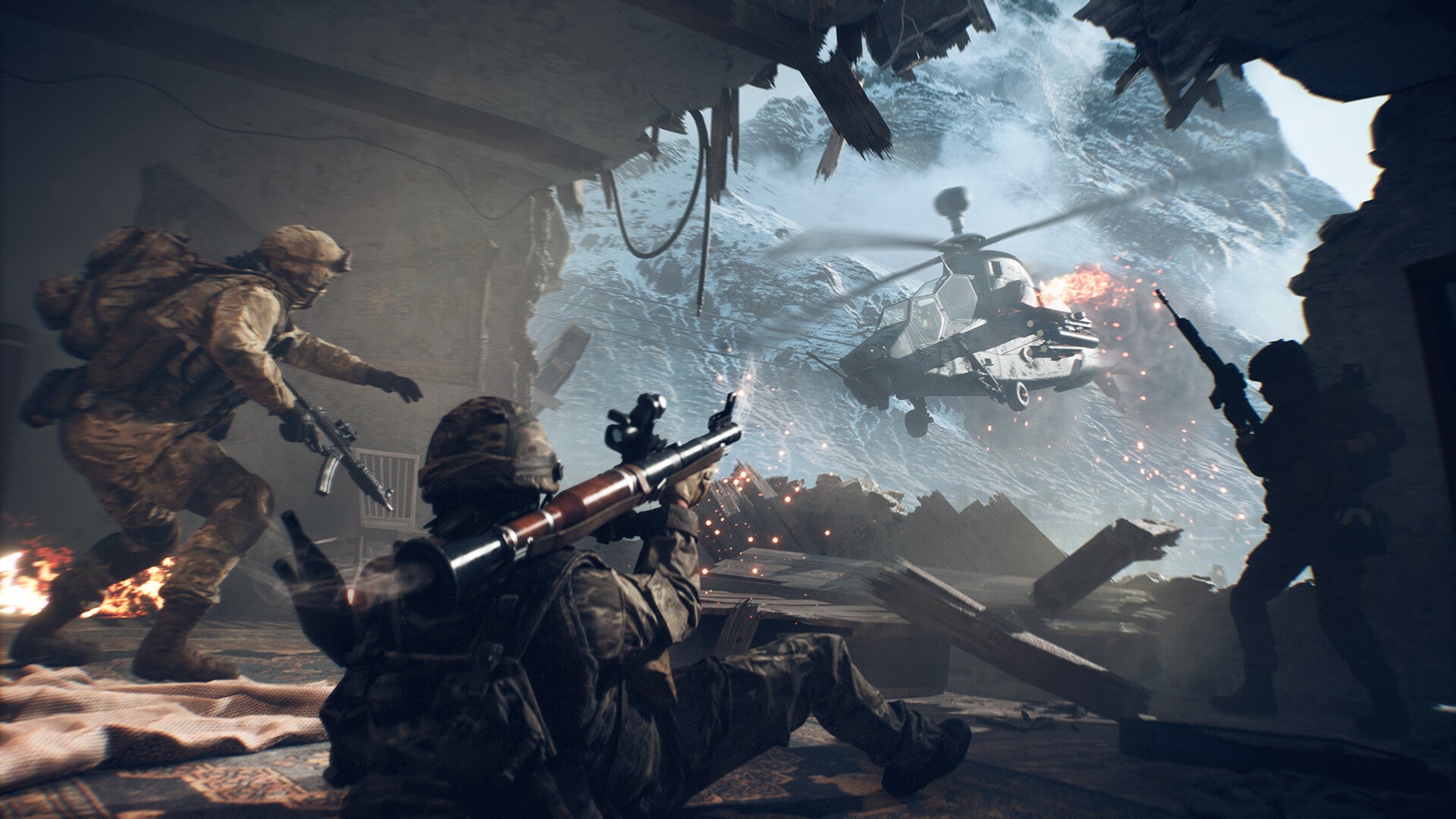
EA has insisted players won’t see anything made by generative AI in Battlefield 6.
The use of generative AI is one of the hottest topics in the video game industry, with the pressure on publishers to cut costs and speed up development in order to boost profits despite the risk of backlash from some fans. Indeed, according to a report by The Financial Times, EA’s new prospective owners (the ones who just spent $55 billion to take the company private) are betting on the use of generative AI to do just that.
And EA itself, even before it was bought out, had signalled that it was all-in on generative AI, with CEO Andrew Wilson insisting AI is “the very core of its business.”
For now though, at least when it comes to Battlefield 6, generative AI is taking a backseat. Rebecka Coutaz, general manager of original series developer DICE in Sweden, and Criterion, the UK studio now also a part of what’s collectively called Battlefield Studios, told the BBC that while generative AI “is very seducing,” currently there is no way to work it into the developers’ daily work.
However, Coutaz clarified that generative AI is used in preparatory stages “to allow more time and more space to be creative.”
EA’s approach here for Battlefield 6 is in contrast to Activision’s for Call of Duty. Call of Duty has suffered a number of generative AI controversies in recent years, including the now-infamous six-fingered zombie Santa bundle. Earlier this year, Activision was forced to add an ‘AI generated content disclosure’ to the Steam page for Black Ops 6 after Valve changed its storefront rules.
Based on Coutaz’s comments, and the current lack of an AI generated content disclosure on the Battlefield 6 Steam page, we won’t see something similar in EA’s rival first-person shooter.
In August, Treyarch associate creative director, Miles Leslie, suggested generative AI images had made their way into Black Ops 6 by mistake.
“We live in a world now, where there are AI tools,” Leslie told IGN ahead of Black Ops 7’s reveal at Opening Night Live 2025. “I think our official statement we said last year, around Black Ops 6, is that everything that goes into the game is touched by the team a hundred percent. We have generative AI tools to help us, but none of that goes in-game.
“And then you’re going to say, ‘Yeah, but it has.’ I’ll say it has by accident. And that was never the intention. We’ve come out and been very clear that we use these as tools to help the team, but they do not replace any of the fantastic team members we have that are doing the final touches and building that content to put it in the game.
“So everything you play: human-created and touched. AI tools in the world we live in: it’s, how do we streamline it? That’s really the goal. Not replace, but streamline.”
It’s worth noting the Black Ops 7 Steam page does include the AI disclosure.
But will Battlefield Studios’ stance on generative AI hold for much longer, especially with EA’s new owners breathing down its neck? In the interview with the BBC, Coutaz sounded optimistic about the use of the tech going forward. “If we can break the magic with AI it will help us be more innovative and more creative,” she said.
The debate over generative AI is bigger than in-game assets. Earlier this week, Nintendo issued a statement in response to claims around generative AI, with OpenAI CEO Sam Altman calling Sora 2 copyrighted character videos “interactive fan fiction.”
Last month, the famously litigious The Pokémon Company formally responded to the use of Pokémon TV hero Ash Ketchum and the series’ theme tune by the Department of Homeland Security, as part of a video showing people being arrested and handcuffed by law enforcement agents. “Our company was not involved in the creation or distribution of this content,” a spokesperson told IGN, “and permission was not granted for the use of our intellectual property.”
Wesley is Director, News at IGN. Find him on Twitter at @wyp100. You can reach Wesley at wesley_yinpoole@ign.com or confidentially at wyp100@proton.me.
